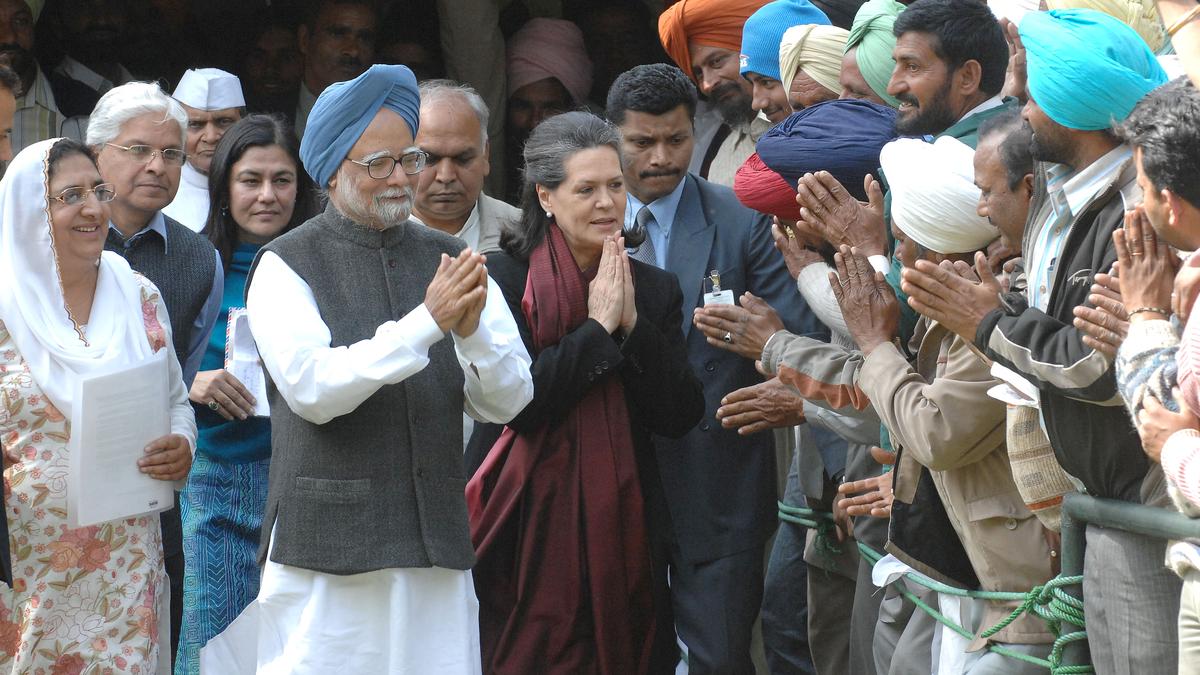
When I began my career as a reporter for BusinessWorld more than 30 years ago, I was assigned to the Banking beat under Gert Chavez after a brief stint in Research with Dick Puig. Coming from a background in Political Science and a minor in Economics, my knowledge of banking and finance was rudimentary at best. Suffice to say, I was as clueless as a blank ledger back then.
Looking back, I am deeply grateful for that stint in Banking, which forced me to learn about the intricate world of government financial institutions, foreign banks with full operations (of which there were only four at the time: Bank of America, Standard Chartered, Citibank, and Hong Kong and Shanghai Banking Corp.), development and rural banking, and Islamic finance.
Admittedly, I initially struggled to understand why there was a need for a separate banking system specifically for Islamic finance and how it differed from mainstream banks. However, after thorough briefings on its principles, I came to realize that Islamic banking is not merely a religious mandate but an alternative financial system. It provides profit-based financing instead of interest-based loans, as prescribed by Shari’ah or Islamic law.
Based on the 2020 census, Muslims comprise about 6% of the Philippine population, roughly seven million people. Islamic banking primarily caters to this community, but its significance goes beyond providing services to Filipino Muslims. Promoting the growth of Islamic finance in the Philippines could help attract investments from Arab countries and regional neighbors such as Indonesia, Malaysia, and Brunei.
In 2022, the Philippine government issued its first-ever Islamic or “Sukuk” bonds. These 5.5-year dollar-denominated bonds raised approximately $1 billion, with 30% reportedly purchased by Middle Eastern investors. Unlike conventional bonds, Sukuk grants investors ownership rights in assets or projects instead of interest payments, adhering to the principles of Islamic finance.
Over three decades ago, the government-owned Al-Amanah Islamic Investment Bank was the sole institution engaged in Islamic banking in the Philippines. Fast forward to today, only Maybank Philippines and CARD Bank, Inc., which recently opened an Islamic banking branch in Cotabato City, have joined the field. Additionally, two insurance companies now offer Islamic insurance or takaful, further expanding Sharia-compliant financial services in the country.
Islamic banking deserves a closer look for its potential and growth prospects. However, many policymakers, businesses, and the public remain unfamiliar with the principles of Islamic finance. Addressing this knowledge gap is essential to ensure successful implementation. Congress may also need to revisit the Islamic Banking Act (RA 11439) to explore ways of better supporting Sharia-compliant banking, such as through tax incentives for investors.
Equally important, Islamic banks must clearly differentiate themselves in the market and prove their value proposition not just to the Muslim community but to non-Muslims as well. Collaboration with international Islamic financial institutions may play a critical role in achieving this. The Islamic banking industry needs to prove itself capable, reliable, and dependable.
While deeply rooted in Islamic law, Islamic banking emphasizes universal values such as ethics, equity, and shared prosperity — principles that resonate with both Muslims and non-Muslims. It prioritizes ethical investments and risk-sharing, setting it apart from conventional banking, which relies on interest (riba) and speculative practices (gharar). Moreover, it prohibits investments in haram industries like gambling and alcohol.
The Philippines stands to benefit from promoting Islamic banking. For one, it discourages exploitative practices like charging or earning interest. Instead, investments are tied to tangible assets and real economic activities. Islamic banking also discourages excessive speculation and emphasizes sustainable, ethical growth.
Key Islamic banking principles include Murabaha (Cost-Plus Financing), where the bank purchases an asset and sells it to the client at a markup, ensuring transparency and shared risk; Ijara (Leasing), where the bank buys an asset and leases it to the client, allowing the client to benefit without ownership burdens; Musharaka (Partnership), where the bank and the client contribute capital, sharing profits and losses equitably; and, Mudaraba (Profit-Sharing), where the bank provides the capital, and the client manages the investment, dividing profits based on pre-agreed terms.
Approximately 20 years ago, during a visit to Singapore, I had the opportunity to listen to then Senior Minister Goh Chok Tong explain Singapore’s strategy to attract Middle Eastern investments. In the wake of the 9/11 attacks, when Arab investors faced increased scrutiny in the West, Singapore seized the opportunity to position itself as a hub for Islamic finance. This strategic foresight is something the Philippines could emulate.
Islamic finance can empower Filipino Muslims, particularly in underserved regions like BARMM, by providing access to culturally sensitive banking services. It can also encourage financial inclusion, bringing more of the unbanked population into the formal economy. This, in turn, fosters greater economic participation and regional development.
Globally, countries like the United Kingdom have embraced Islamic finance through institutions such as Al Rayan Bank and sovereign Sukuk issuances. Japan and South Korea are also exploring Islamic finance to attract Middle Eastern investments, while Singapore and Hong Kong have emerged as regional hubs for Islamic banking in Asia. These initiatives highlight the potential of Islamic finance to strengthen trade relations and economic ties with Islamic nations.
The Philippines, too, can leverage Islamic banking to attract investments in halal industries, infrastructure, and renewable energy. Additionally, it could target tourism from Islamic countries, not just in the Middle East but also in Africa and Southeast Asia. Islamic banking is more than an alternative financial system; it serves as a bridge to inclusivity, cultural recognition, and economic prosperity.
Marvin Tort is a former managing editor of BusinessWorld, and a former chairman of the Philippine Press Council
matort@yahoo.com







Leave a Comment